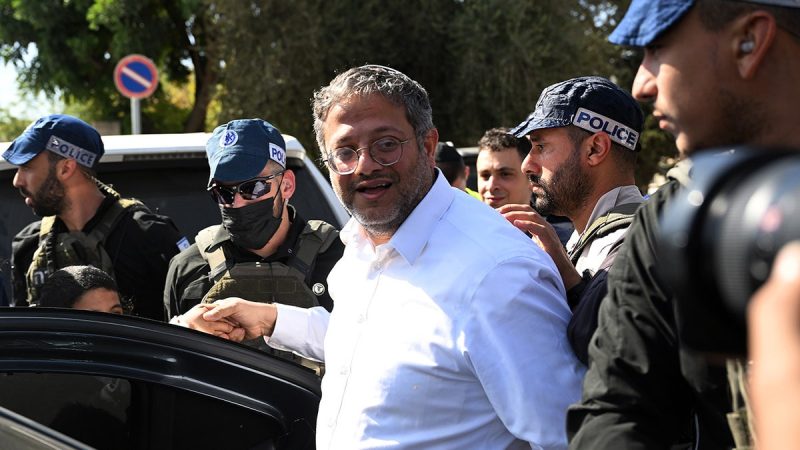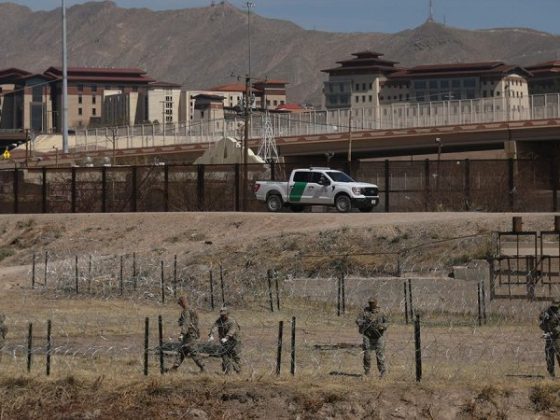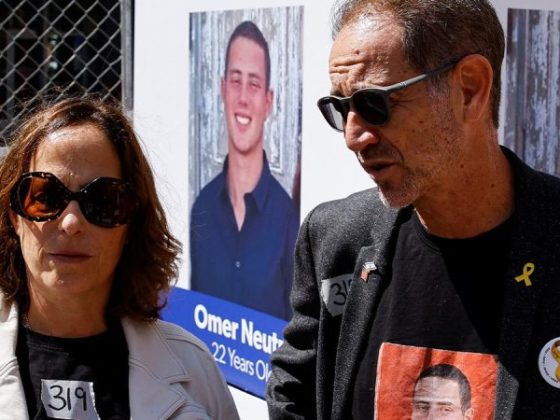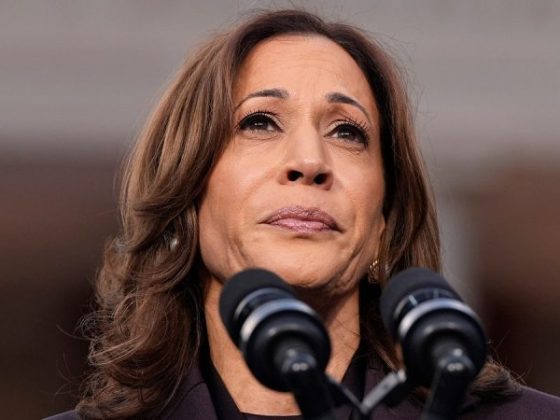Israel’s war cabinet, the nation’s chief decision-making body for national security issues, showed deep divisions over plans to scale back the war in Gaza. This intra-cabinet conflict has emerged in the context of mounting international pressure and criticism over the continued Israeli offensive in the Palestinian territory.
On one side of the divide are those who advocate for de-escalation, emphasizing diplomatic negotiations and humanitarian concerns. They argue that the protracted conflict has resulted in substantial loss of civilian lives, damaged Israel’s international standing, and exacerbated tensions between Israel and its Arab citizens. The supporters of this view often highlight the importance of genuine peace talks, building bridges with moderate Palestinians and international allies, and addressing the root causes of the conflict, including the socio-economic desperation in Gaza that fuels militancy.
Yet, this standpoint clashes head-on with those cabinet members standing firm on a more hawkish course. They argue that scaling back now, without decimating the military infrastructure of Hamas and other militants, would be a sign of weakness that could endanger Israeli civilians in the future. They point to the repeatedly failed ceasefires and the large number of rockets still being fired into Israel as evidence that only a decisive military victory can ensure security.
The disagreement within the cabinet not only distinctly mirrors the wider debate within Israeli society but also carries implications for the direction of the war and the long-term relationships in the region. The division is not merely about military tactics but also profoundly engaging with the broader political and ethical questions: How can Israel live securely and peacefully with its neighbours? How can the root causes of the conflict, including occupation, marginalization, and volatile geopolitics, be addressed?
Unfortunately, the current impasse in the Israeli war cabinet over these questions has led to policy paralysis, with the cost being borne by civilians from both sides caught in the crossfire. The intensified campaign has resulted in a significant increase in Palestinian civilian casualties, worsening the humanitarian crisis in Gaza. At the same time, Israeli civilians live under the constant threat of rocket attacks from Gaza.
The division within the cabinet demonstrates the complex challenges Israel faces in articulating a sustainable security strategy. Is the path to peace through a decisive military victory, as some argue, or should it be through vigorous diplomacy and addressing the socio-political structures that perpetuate the conflict, as others advocate? The polarized perspectives within the Israeli cabinet have thus far inhibited any consensus on the next steps regarding the Gaza war.
Ultimately, it is clear that the tactical and strategic decisions made by the Israeli cabinet will significantly impact not only the future of Israeli-Palestinian relations but the geopolitical stability of the whole region. As the debate rages on within the highest echelons of the Israeli government, the hope for an enduring resolution to the conflict seems increasingly conditioned on the cabinet’s ability to move beyond division and towards a unified, comprehensive approach.











